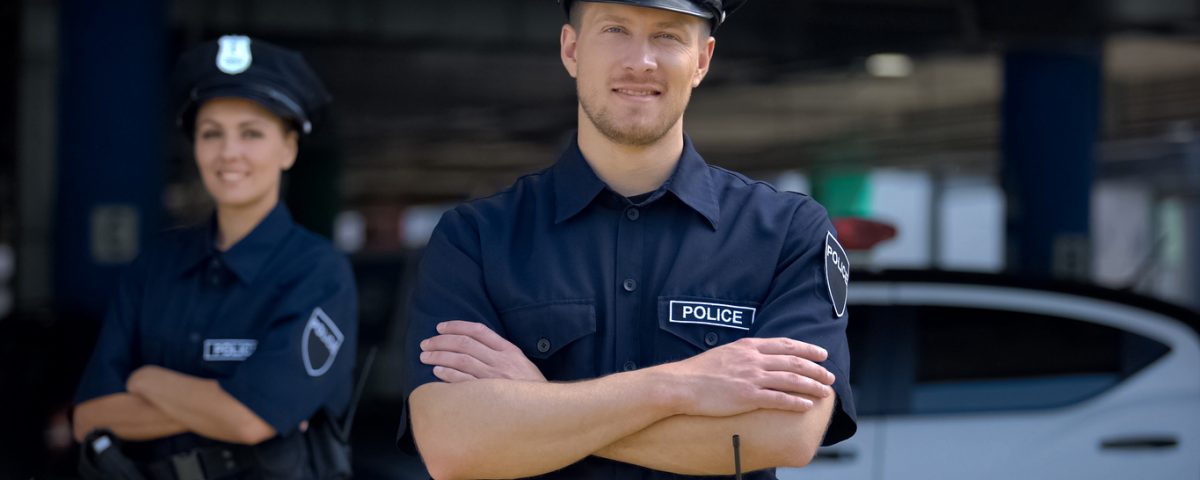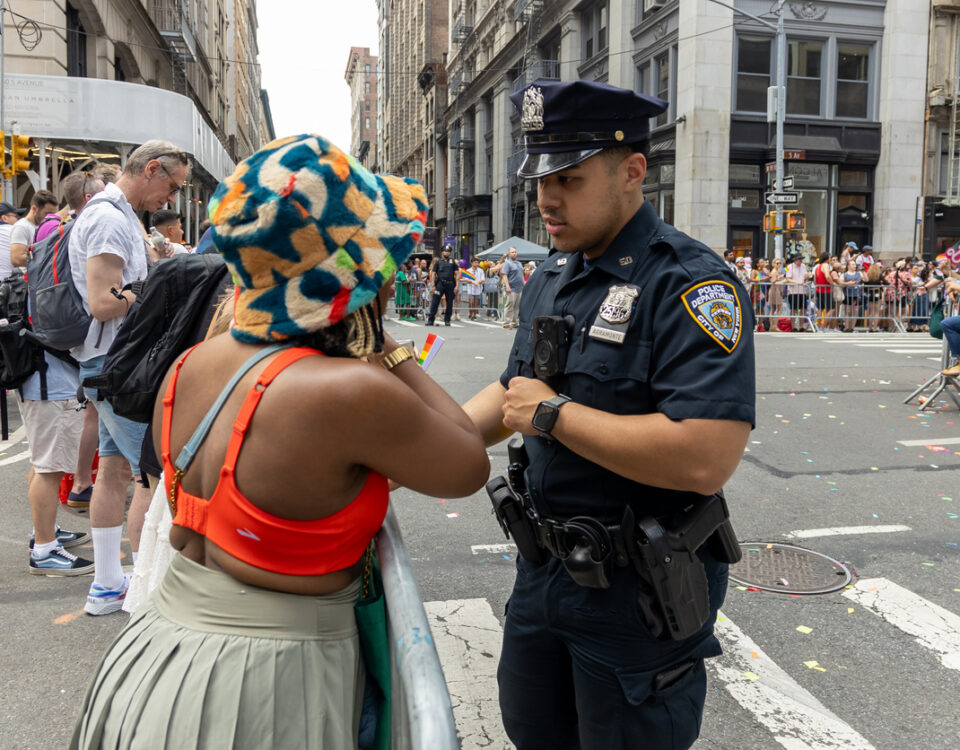What Makes a Police Officer
What makes a police officer, and what does serving and protecting the community mean? Being a police officer has provided value to many people’s lives. The profession is synonymous with honor and service, and it allows impacting the community in a significant way.
Police offers swear to serve and protect the citizens in their area by enforcing laws, responding to crimes and disturbances, securing scenes of accidents, completing written reports, and testifying in court. They frequently work long and late shifts, facing potentially dangerous situations to protect the lives and property in their community.
How To Become a Police Officer
Becoming a police officer does not require extensive schooling in the traditional sense. However, extensive training geared toward the specialized skills of a police officer is mandatory. Here is the procedure for becoming a police officer.
Receive High School Diploma
A high school diploma or alternative high school completion certificate, such as a GED, is the minimum amount of education required to become a police officer. Certain law enforcement agencies may prefer associate’s, bachelor’s, or post-secondary credits.
Meet Minimum Requirements
A potential officer must be a U.S. citizen at least 18 years old with a valid driver’s license. They must also have a clean record. However, some organizations may permit those with minor infractions. A felony is a disqualification from the profession of law enforcement.
Pass the Entrance Exam
Applicants must receive a score of passing on the entrance exam, which may include the LEE, Asset, Compass, or other tests depending on the region.
Receive Specialized Training
The police academy provides in-depth specialty training to foster the skills needed to become a police officer. This training may last six months or more, with courses on criminal statutes, driver training, firearms, physical conditioning, and traffic laws.
How To Excel As a Police Officer
Not everyone has the temperament to become a successful police officer. Becoming a member of the force requires bravery, ethics, professionalism, and respect for the law. Exceptional members of the profession stand out because of other qualities, including the following:
- Compassion and empathy
- Strong communication skills, both speaking and listening
- Great negotiation skills
- Integrity and transparency to encourage and maintain public trust
- A growth mindset, with an open mind and willingness to continue to learn from others
Depending on the police department area and jurisdiction, promotions may rely on experience, additional exams, performance, and training and skills. Further education, including associates or bachelor’s degrees, or even advanced degrees in law or criminal justice, can help further a career, especially at the federal level. Likewise, officers can always protect themselves with police professional liability insurance for the best security.
About PGUI
Professional Governmental Underwriters, LLC., is a full-service risk management company dedicated to assisting public, educational and non-profit entities in the management of their professional liability exposures including educators liability insurance. We are dedicated to providing state-of-the-art professional underwriting management and loss control advisory services on behalf of our designated carriers. For more information, call us toll-free at (800) 586-6502.




